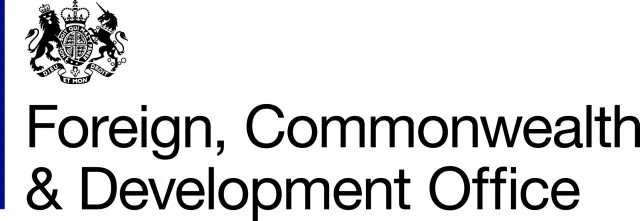As accelerating climate impacts overlay and exacerbate existing fragilities and conflict, they increase humanitarian needs and worsen food crises. Many states with high levels of humanitarian need, in which conflict and climate impacts intersect, including to drive food insecurity, are unable to access a proportionate share of climate adaptation finance to tackle these issues. These pressures are placing an unsustainable burden on an already overstretched humanitarian system. Climate adaptation financing can play a key role in helping these countries prepare and build resilience to risks and shocks.
As part of efforts to build resilience against acute food insecurity and famine, this event will bring together key stakeholders including government donors, climate finance providers, humanitarian agencies and recipient country governments. The dialogue will inform essential work on improving access to and use of climate adaptation finance, in order to address climate-related drivers of food insecurity and humanitarian need.
Participants will draw on experience and evidence from Somalia and Niger to explore ways to overcome barriers that prevent fragile and conflict affected states from accessing climate finance. There is potential for climate adaptation finance, when effectively leveraged, to address the underlying causes of humanitarian crises, including famine, through resilience building initiatives. This dialogue is an opportunity to build the actions and momentum required to harness that potential.
In partnership with














